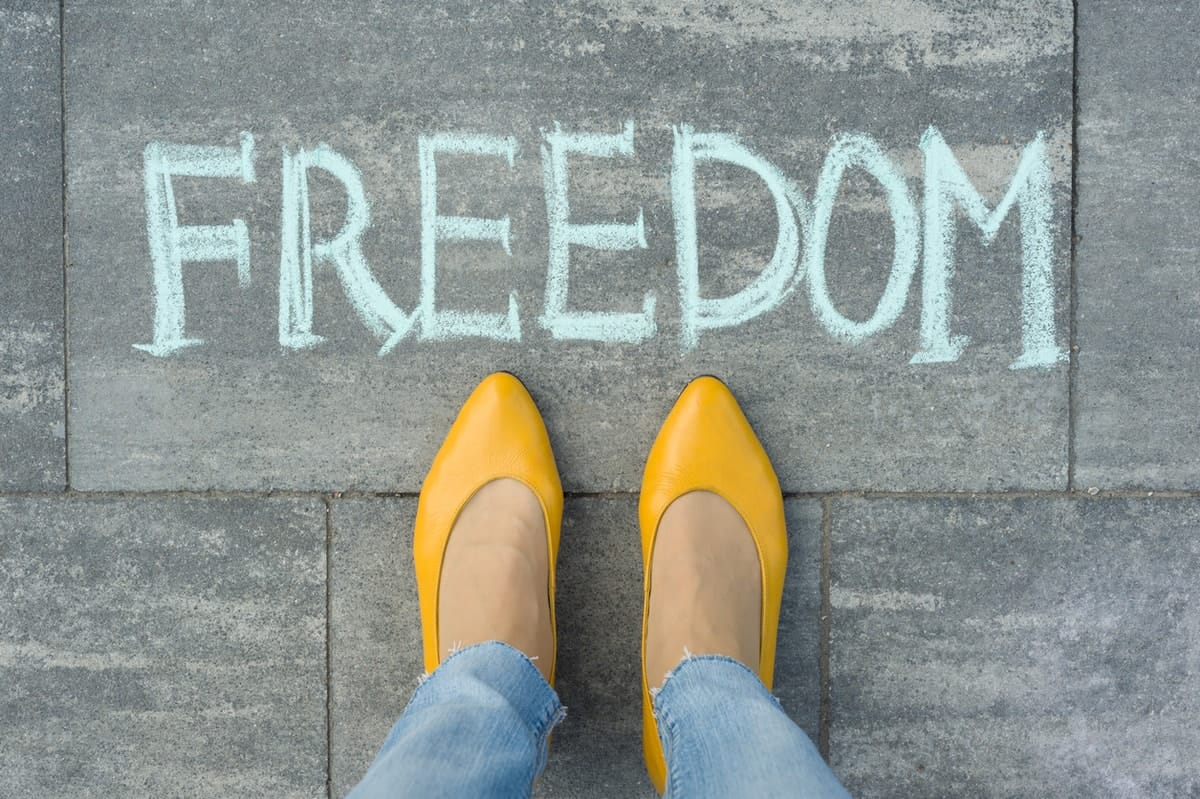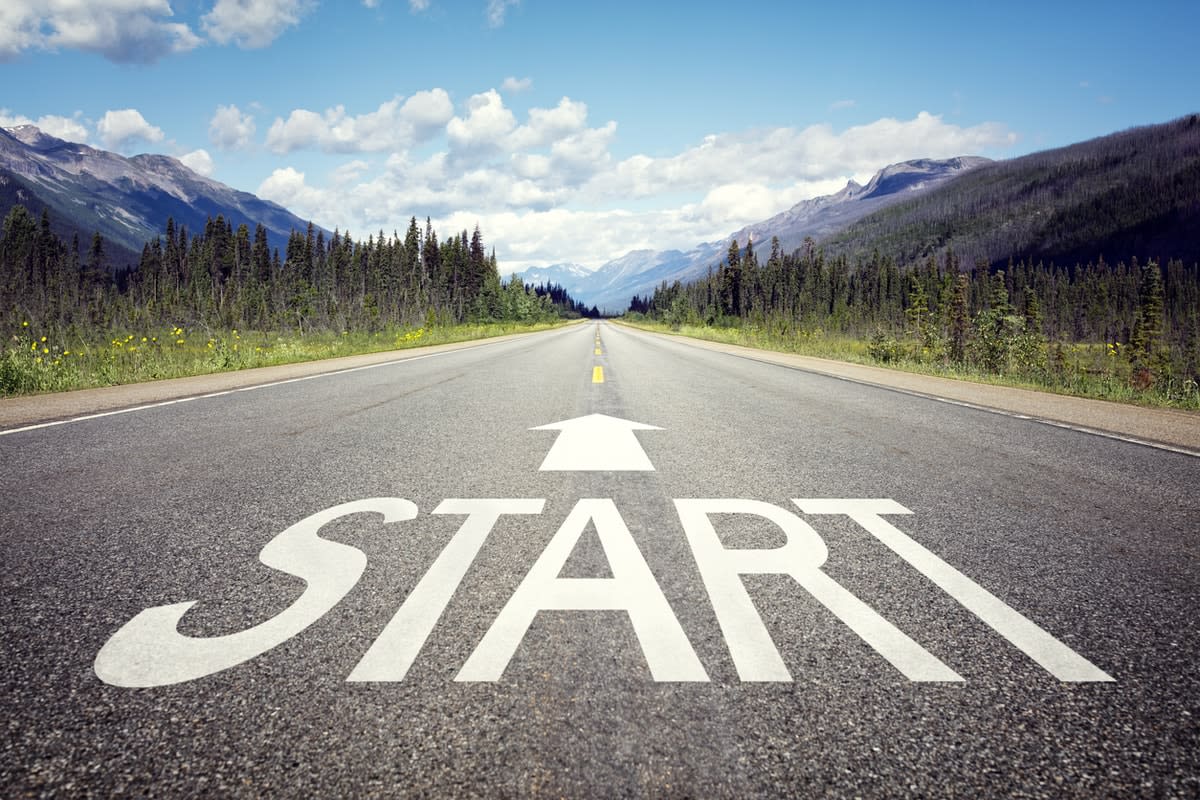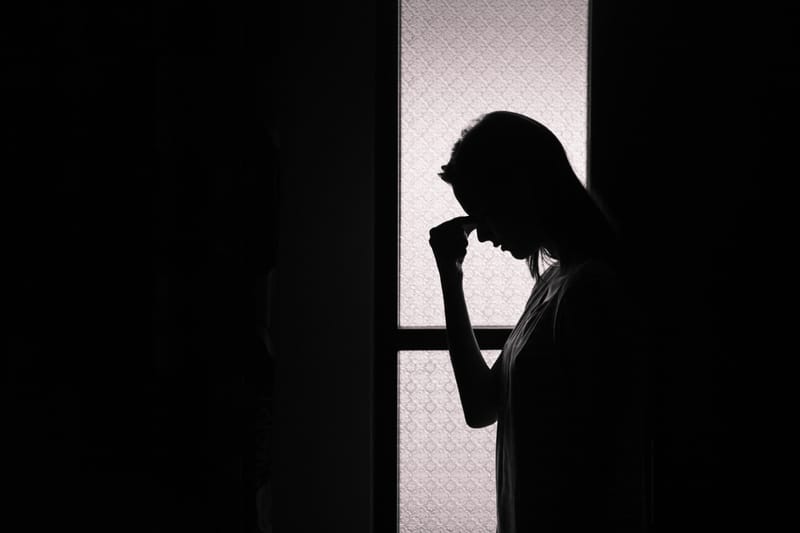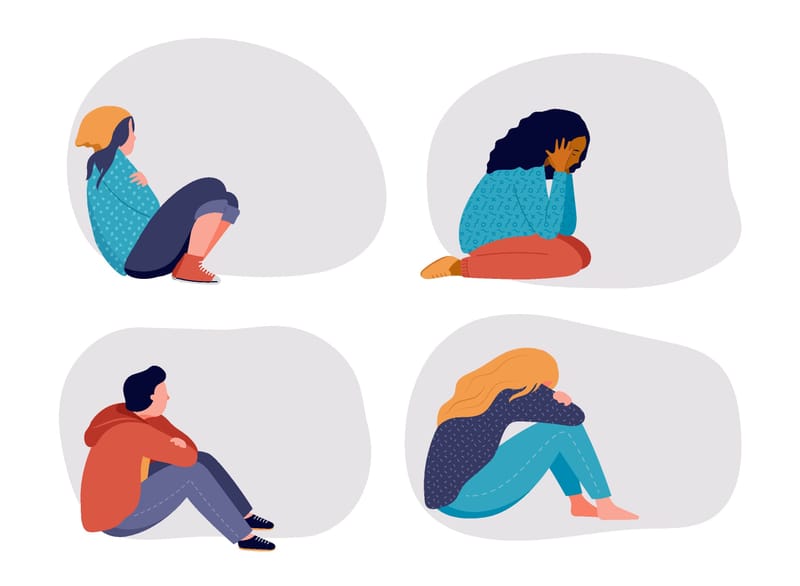
The next few weeks will see an easing of social restrictions across Australia. Although we’re yet to see exactly what each state and territory’s schedule will entail, many of us have been eagerly (but anxiously) counting down the days to “freedom”.
This mix of eagerness and anxiety is similar to that described by many former prisoners.
The parallel between prison and the Australian COVID-19 lockdown shouldn’t be overstated, but the complicated transition to freedom, and the strategies described by people who have rebuilt their lives after time in prison, are worth listening to.
Guardian columnist and author Erwin James, who served 20 years inside an English prison, explained: “Being out of prison is better than being in – no question about that … [but] imprisonment can take many forms – illness, for example, or a bad relationship, unemployment, work, an attitude, even.”
Whatever our personal constraints, we, too, may find ourselves anxious about the uncertain path forward, and the challenges we will face.
Former prisoners have described several strategies to navigate the complex terrain of emerging from lockdown. Drawing from autobiographical writings of former prisoners, as well as field notes, interviews and letters gathered during my time conducting research in medium and maximum-security US prisons, I’ve compiled some themes that may apply to your own situation.
Soak in the heightened pleasures of ordinary life
Neil, a former prisoner who later returned as a mentor, described his first week at home: “The colours, the smells, people in beautiful clothes … My brother keeps laughing, like, ‘Man, you gotta stop staring’. And I’m like, ‘No, man, you gotta open your eyes!”
Returning freedoms after deprivation provide an opportunity to rediscover, with newfound gratitude, life’s simple pleasures. Dropping by your mate’s house for a coffee, the sound of children playing outdoors, the smells of a local restaurant, going for a scenic drive or even having a face-to-face conversation.
Read more: Counting the COVID-19 social cost: How people are faring in the pandemic
Determine what you can control
Noah*, a leader in the prison therapeutic community, was coming to the end of a 15-years-to-life sentence in a Florida prison when I met him. He explained that prison teaches us the importance of directing your energy towards the decisions and actions that you have the power to take. It’s advice, admitted Noah, that’s a lot easier to give than to live by.
Devoutly Jewish, Noah had been given special permission to grow facial hair, and wear a kippah and tzitzit on top of his prison scrubs. He applied for rabbinic school upon release, working 11 months on the application, which was accompanied by a letter of support from the rabbi on the prison chaplaincy team.
He was rejected, without an interview. He said afterwards: “It’s disappointing, but I did my part, so I’m not going to lose sleep over it … [I’ll] ask for feedback and apply again next year.”
*Name changed for privacy

You’re approaching a starting line
Counting down to freedom can give the impression of approaching a finish line – “just three more days”. While this can be helpful in enduring lockdown, it can leave you unprepared to face the challenges of a new chapter.
Ultra-marathon runner Charlie Engle, emerging from a US prison in his 40s, described finding himself at life’s starting line – needing a place to stay, a job, and money. The best way to be undaunted, he found, was to remember how much he had already come through.
Several former prisoners described that the curve of life improvements is rarely steady – it was best to prepare for setbacks and disappointments.
Develop daily habits that give you a sense of pride
In Long Walk to Freedom, Nelson Mandela described how seriously he took gardening in prison: “To survive in prison one must develop ways to take satisfaction in one’s daily life … The same pride one takes in more consequential tasks outside of prison, one can find in doing small things inside prison.”
Such thoughts were also expressed by James, a 46-year-old who was serving 25 to life – he’d been in prison longer than I’d been alive. His uniform was immaculate, with a sharp crease down the middle of each pant leg. Each night, he folded his shirt and pants, ran soap along the folds, and placed them under his mattress to maintain the crisp creases.
The most widely-shared piece of advice from the former prisoners with whom I spoke was to connect with others.
This ritual was more than vanity – it helped him maintain a sense of hope. He explained: “The way you dress, the way you carry yourself sends a message: I got a reason to wake up in the morning. I have a hope and a purpose.”
Upon release, one of his first purchases was an iron. He wrote to me after a third disappointing job interview. “Ironed a fresh shirt for tomorrow … I’ll wake up tomorrow, put on that shirt … know that I’m the kind of guy who does not cut corners.” James’ grooming habits became foundational, giving him a sense of personal agency and dignity, even in difficulty.
Don’t go it alone
The most widely-shared piece of advice from the former prisoners with whom I spoke was to connect with others. There were a few facets to this: first, about looking for ways to show care to someone or something else, perhaps a pet or a garden or a friend; second, to share your story, especially when you’re struggling; and, finally, work with others to build something better.
A former prisoner, now working as a housing activist, explained his own struggle to find housing after release. His now-wife told him that if he was going to keep complaining about how unfair the system was, then he should change it. “So now, whenever I meet a brother hanging his head, feeling low about moving couch to couch, I say, ‘Join us!’”
Moving forward
At a time when many of us find ourselves longing to get things “back to normal”, and with so much anxiety about what a “new normal” might look like, it’s instructive to listen to the experiences of newly released prisoners, who counsel: Celebrate, take stock of difficulties you’ve come through, be prepared for some setbacks, and if a storm comes, partner with others to create a shelter.





